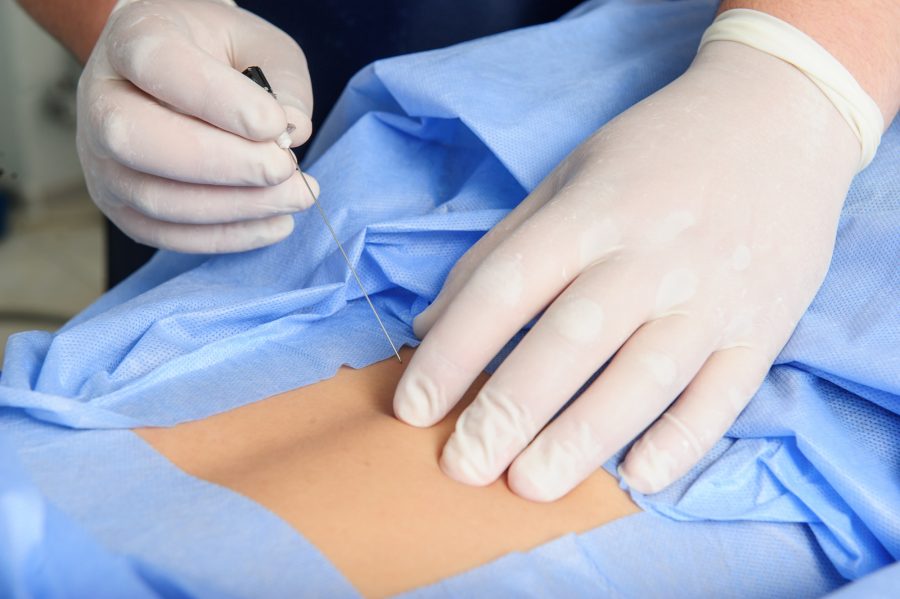Epidural steroid injections are a common treatment option for individuals experiencing pain and inflammation in the spine. After undergoing this minimally invasive procedure, proper home aftercare is essential to ensure optimal recovery and maximize the benefits of the injection. In this blog post, we will discuss important guidelines and practices for effective home aftercare following epidural steroid injections. By following these recommendations, under the guidance of professionals at Specialty Care Clinics, individuals can promote healing, reduce discomfort, and achieve the best possible outcomes from their treatment.

Rest and Activity Modification:
After receiving an epidural steroid injection, it is important to allow your body time to rest and heal. Avoid engaging in strenuous activities, heavy lifting, or high-impact exercises for at least 24 to 48 hours. Instead, focus on gentle movements and light activities that do not put excessive strain on the treated area. Gradually increase your activity level as advised by your healthcare provider to prevent overexertion and potential complications.
Pain Management:
Some individuals may experience mild discomfort or pain at the injection site following the procedure. Over-the-counter pain relievers, such as acetaminophen or nonsteroidal anti-inflammatory drugs (NSAIDs), can help manage these symptoms. However, it is important to follow the recommended dosage and consult with your healthcare provider if you have any concerns or if the pain persists.
Ice and Heat Therapy:
Using ice and heat therapy can provide relief and reduce inflammation after an epidural steroid injection. During the first 24 to 48 hours, apply an ice pack wrapped in a cloth to the injection site for 15 to 20 minutes at a time. This helps to minimize swelling and numb the area. After the initial period, you can switch to heat therapy by applying a warm compress or using a heating pad set on low. Heat promotes blood circulation and relaxation of the muscles, further alleviating discomfort.
Hydration and Nutrition:
Maintaining proper hydration and a balanced diet is crucial for optimal recovery. Drinking an adequate amount of water throughout the day helps flush out any medications from your system and promotes healing. Additionally, focus on consuming a nutritious diet consisting of fruits, vegetables, lean proteins, and whole grains. These nutrients provide the necessary building blocks for tissue repair and help support the healing process.
Follow Post-Injection Instructions:
Your healthcare provider will provide specific post-injection instructions tailored to your individual needs. It is essential to follow these instructions carefully. They may include restrictions on certain activities, recommendations for rest periods, guidelines for driving or operating machinery and scheduling any necessary follow-up appointments or physical therapy sessions. Adhering to these instructions will facilitate proper healing and minimize the risk of complications.

Monitor for Complications:
Although complications are rare, it is important to monitor for any signs of infection or severe reactions following the injection. Keep an eye out for worsening pain, increased swelling, redness, drainage, or fever. If you experience any of these symptoms, contact your healthcare provider promptly for further evaluation and guidance.
Communication with Your Healthcare Provider:
Maintaining open and clear communication with your healthcare provider is crucial during your recovery period. If you have any questions, or concerns, or notice any changes in your symptoms, do not hesitate to reach out. Your healthcare provider is there to address your needs, provide guidance, and make any necessary adjustments to your aftercare plan.
Optimal home aftercare following an epidural steroid injection is vital for a successful recovery. Book an appointment now at (469) 545-9983. By following rest and activity modification, managing pain, utilizing ice and heat therapy, maintaining hydration and proper nutrition, and staying in communication with your healthcare provider, you can support healing and achieve the best possible outcomes from your treatment.
